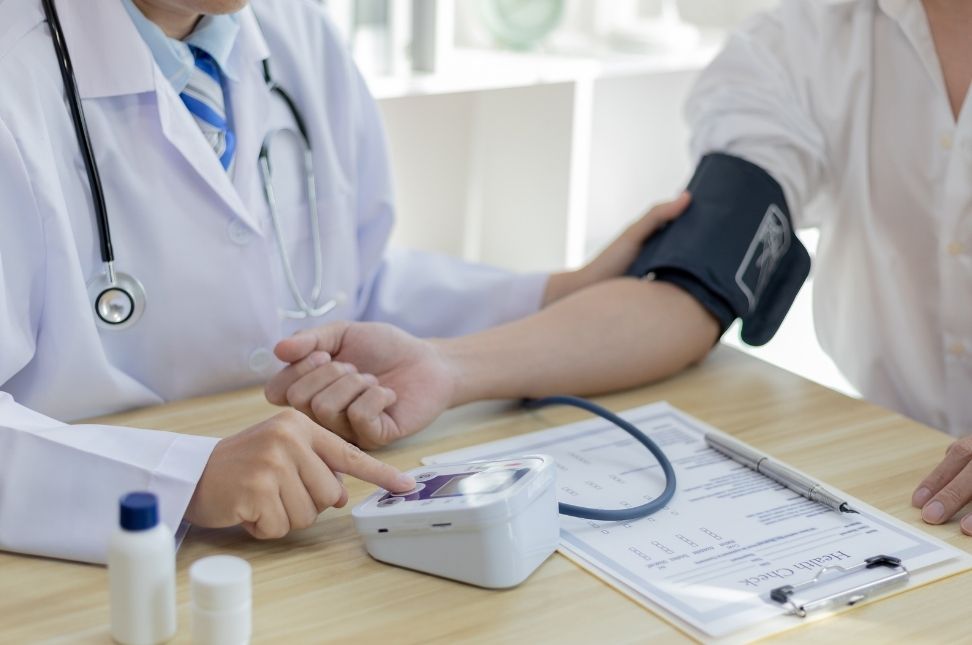High blood pressure, or hypertension, is a common yet critical health concern affecting millions worldwide. The good news is that you can significantly manage and reduce high blood pressure through dietary modifications. In this comprehensive article, we will explore various nutritional tips and guidelines for lowering high blood pressure naturally.
High blood pressure, often referred to as the “silent killer,” poses a significant threat to your overall health. This condition, if left unchecked, can silently damage your blood vessels and organs, leading to severe health complications. However, there’s a silver lining – with the right dietary choices, you can take control of your blood pressure and safeguard your well-being.
Understanding High Blood Pressure:
Before diving into the dietary strategies for managing high blood pressure, it’s essential to understand what this condition is and why it’s a cause for concern. Blood pressure is the force of blood pushing against the walls of your arteries, and it is typically measured in millimeters of mercury (mm Hg). High blood pressure, defined as a reading of 130/80 mm Hg or higher, can have detrimental effects on your cardiovascular system, increasing the risk of heart disease, stroke, and other health issues.
The Role of Diet in High Blood Pressure:
Diet plays a pivotal role in influencing blood pressure levels. Excessive sodium (salt) consumption, for example, can be a significant contributor to elevated blood pressure. Sodium causes your body to retain excess water, putting added pressure on your blood vessels. Cutting down on salt is just one aspect of adopting a heart-healthy diet to combat high blood pressure.
1. Limit Sodium Intake:
Reducing salt intake is one of the most crucial steps you can take to lower your blood pressure. The average person consumes far more salt than their body requires, often unknowingly. The American Heart Association recommends limiting your daily sodium intake to no more than 2,300 milligrams, with an ideal goal of 1,500 milligrams for most adults, particularly those with high blood pressure. Achieving this necessitates a conscious effort to minimize your reliance on high-sodium processed foods and adopting better cooking practices.
2. Increase Potassium-Rich Foods:
Potassium is a mineral that counters the adverse effects of sodium. A diet rich in potassium can help lower blood pressure by promoting the excretion of excess sodium through urine. The recommended daily intake of potassium is 3,500-4,700 milligrams for adults. You can increase your potassium intake by incorporating potassium-rich foods like bananas, oranges, spinach, sweet potatoes, and beans into your daily diet.
3. Embrace the DASH Diet:
The Dietary Approaches to Stop Hypertension (DASH) diet is renowned for its effectiveness in reducing high blood pressure. It emphasizes the consumption of nutrient-dense, heart-healthy foods while limiting sodium. The DASH diet encourages the intake of fruits, vegetables, whole grains, lean proteins, and low-fat dairy products. By adopting this dietary approach, you can make significant strides in lowering your blood pressure.
4. Magnesium and Calcium:
Minerals like magnesium and calcium are crucial for maintaining healthy blood pressure. They work in harmony to relax blood vessel walls and facilitate the smooth flow of blood. Foods rich in magnesium include leafy greens, nuts, seeds, and whole grains, while calcium can be found in dairy products, fortified non-dairy milk, and green leafy vegetables. Including these minerals in your diet can contribute to better blood pressure regulation.
5. Omega-3 Fatty Acids:
Omega-3 fatty acids, predominantly found in fatty fish like salmon, mackerel, and sardines, offer significant benefits for your heart and blood vessels. These healthy fats have been shown to reduce inflammation and improve blood vessel function, ultimately contributing to lower blood pressure. If you’re not a fan of fish, you can also obtain omega-3s from flaxseeds, chia seeds, and walnuts.
Conclusion:
In conclusion, high blood pressure is a manageable condition, and the journey towards better blood pressure levels begins with the right diet. By understanding the importance of sodium control, embracing potassium-rich foods, adopting the DASH diet, and incorporating magnesium, calcium, and omega-3 fatty acids into your meals, you can effectively lower your blood pressure and significantly reduce the risk of serious health issues. Taking control of your diet is taking control of your health.




